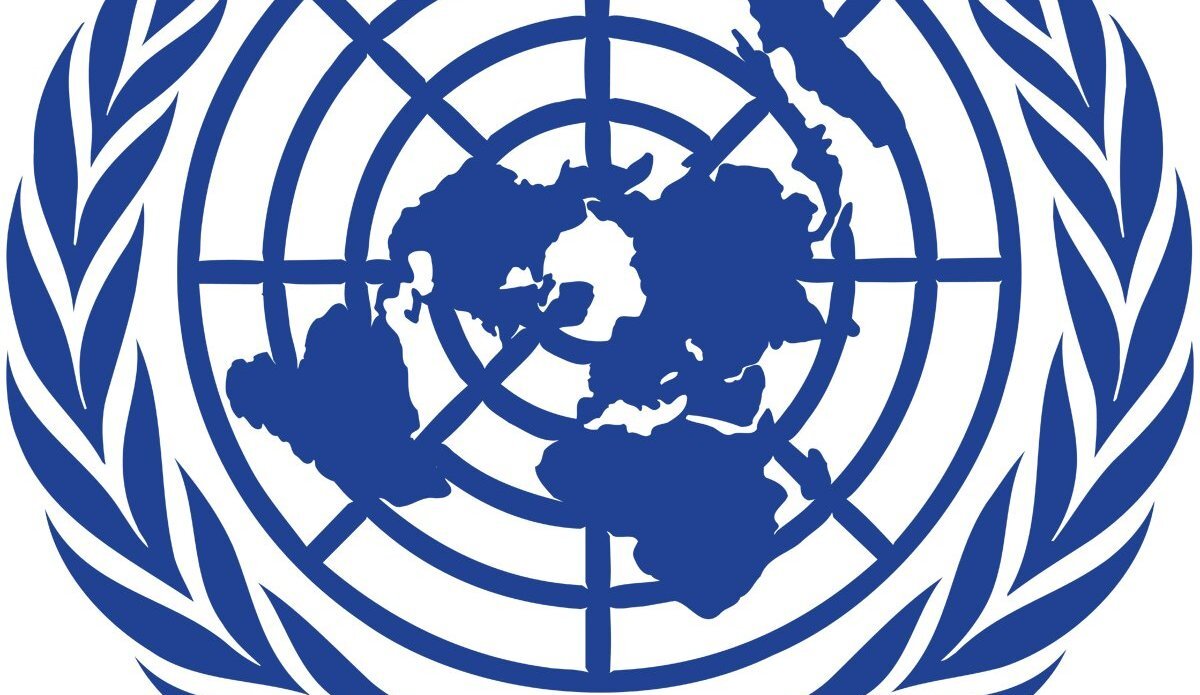Dignity, freedom and justice must be upheld in afghanistan– World marks human rights day
KABUL, The United Nations in Afghanistan calls upon the country’s de facto authorities to live up to commitments enshrined in the Universal Declaration of Human Rights, a landmark document codifying everyone’s fundamental rights and freedoms, to which Afghanistan was a pivotal signatory and has a duty to continue to uphold.
“All human beings are born free and equal in dignity and rights, and those who assume to govern have an immense responsibility as duty-bearers to each and every man, woman and child,” said Roza Otunbayeva, the Secretary-General’s Special Representative for Afghanistan.
On this year’s Human Rights Day, the UN urges the de facto authorities to reverse the slew of edicts and practices they have introduced that restrict the basic rights of Afghans, especially those of women and girls.
This year’s Human Rights Day also marks the beginning of the countdown to the 75th anniversary of the Universal Declaration of Human Rights, adopted after a year-long consultation process involving thinkers from 60 countries. Afghanistan was among the original 48 nations to vote for the Declaration on 10 December 1948 at the UN General Assembly meeting in Paris.
Afghanistan’s de facto authorities have taken some steps seemingly aimed at the protection and promotion of human rights. These have included an amnesty for former government officials and security force members, a decree on women’s rights and a code of conduct relating to prisoners, as well as the creation of a special commission to deal with complaints of violations of media freedoms.
Despite these, there has been a marked deterioration of the population’s enjoyment of their basic human rights and freedoms, for which the de facto authorities are responsible and accountable.
They have limited dissent by cracking down on protests and curbing media freedoms, including by arbitrarily arresting journalists, protestors and civil society activists and issuing restrictions impacting private citizens and media outlets alike. More than one month after their arrests in Kabul on 3 November, Zafira Yaqobi and four other women’s right activists remain in detention, with no clear information about the charges against them.
UNAMA has also documented cases of extrajudicial killings, torture and ill-treatment, as well as arbitrary arrests and detentions carried out by the de facto authorities, and we urge the de facto authorities to conduct thorough, impartial investigations and hold those responsible to account.
The de facto authorities also appear to be increasing the use of corporal punishments such as public floggings. These constitute a form of cruel, inhuman or degrading treatment and are therefore prohibited by a number of international treaties and conventions to which Afghanistan is a state party. On 7 December, the de facto authorities announced the public execution of a man in Farah province. He was executed in the presence of some of the country’s most senior de facto officials, as well as a large crowd of local residents.
The United Nations strongly opposes the use of the death penalty in all circumstances and calls on the de facto authorities to establish an immediate moratorium on executions, with a view to abolishing the death penalty. The use of the death penalty cannot be reconciled with full respect for the right to life.
The relentless erosion of women’s rights has been one of the most notable aspects of the de facto administration to date. Since 15 August 2021, women and girls have progressively had their rights to fully participate in education, the workplace and other aspects of public and daily life restricted and in many cases completely taken away.
This dire human rights situation is also occurring against a backdrop of economic, social and humanitarian turmoil. The restrictions on the right to work and freedom of movement, among others, leave Afghan women at even greater risk of marginalization and vulnerability to exploitation and abuse.
“If Afghanistan’s de facto leaders hope to deliver on their vision and promise of a peaceful and stable Afghanistan, they must invest in the fundamental building blocks that underpin a cohesive society. The first step is recognizing the human dignity and human rights of every Afghan woman, man, girl and boy,” said Fiona Frazer, Representative of the UN High Commissioner for Human Rights in Afghanistan.* * *
* * *
Video message
YouTube channel
- English: https://youtu.be/D4eKMDOATJE
- Pashto: https://youtu.be/aBoHiAPrZ58
- Dari: https://youtu.be/TIcRxZD1EUQ
Links for Download
- English: https://we.tl/t-MU7cGUAmKC
- Pashto: https://we.tl/t-GJRc0lJ3Ny
- Dari: https://we.tl/t-5Hi8JyYgc9
 UN
UN







